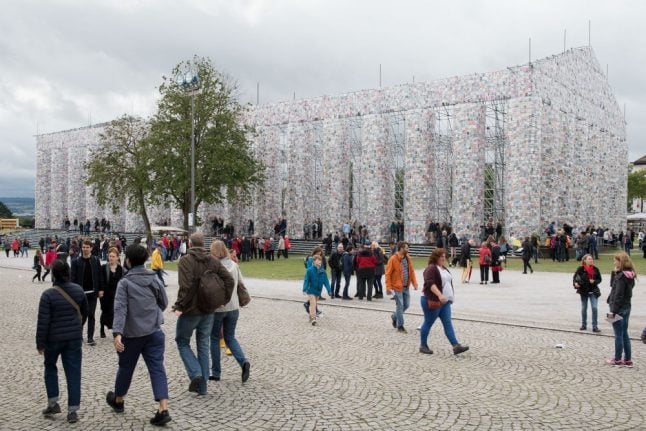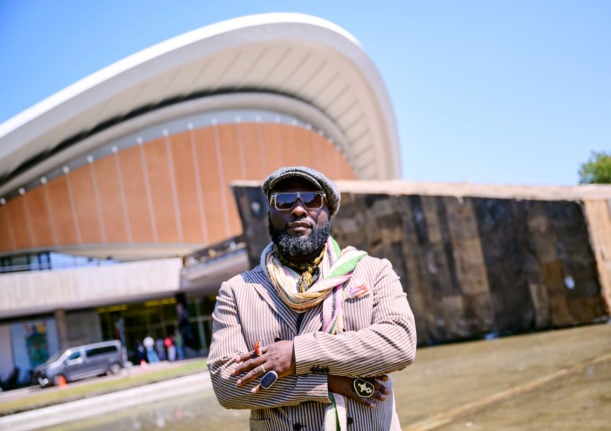Documenta has squandered a budget of €37 million with a “dramatic” deficit of about €7 million, local newspaper Hessische Niedersächsische Allgemeine (HNA) reported on Tuesday
Spokesman for the city of Kassel, Claas Michaelis, has not confirmed how much the deficit amounts to, stating it was “under investigation.”
Shareholders of the exhibition, including the central German state of Hesse and the city of Kassel, plan to provide necessary financial support and ensure that employees’ salaries are paid by dishing out €7 million over the next five years. Documenta has been held every five years since 1972.
Mayor of Kassel, Christian Geselle, who is also chairman of documenta’s supervisory board, stated in a press release he was informed at the end of August about “impending financial bottlenecks,” though did not mention reasons why.
For the first time in documenta’s history, this year’s edition featured a secondary venue in Athens, Greece. Artwork was showcased in both Athens and Kassel with no change in budget. According to the HNA, the Greek show devoured much more money than anticipated.
The exhibition’s managers have already begun putting together a report and auditors have started analyzing the books, according to Michaelis. Both reports will be available next week, after which the public will be informed.
At the exhibition’s half-way point in July, documenta officials had drawn a positive balance. By the end of July, 445,000 visitors had been counted – 17 percent more than at the exhibition’s half-way point at the previous documenta in 2012.
Managing director Annette Kulenkampff has not commented on the deficit. Before the exhibition began, she had expressed concerns that the show’s budget was too low.
“An increase in public funding will become necessary in the future,” she said in a March interview with the German Press Agency (DPA).
Aware of the “outstanding significance of documenta for the city of Kassel and the state of Hesse,” we want to continue as an exhibition of world-class contemporary art in Kassel, stated mayor Geselle.
Documenta is one of the world's largest contemporary art shows and attracts visitors from all over the world. The 2017 edition featured artwork from over 160 artists.
SEE ALSO: 'Parthenon' made of books built at site of Nazi book burning



 Please whitelist us to continue reading.
Please whitelist us to continue reading.